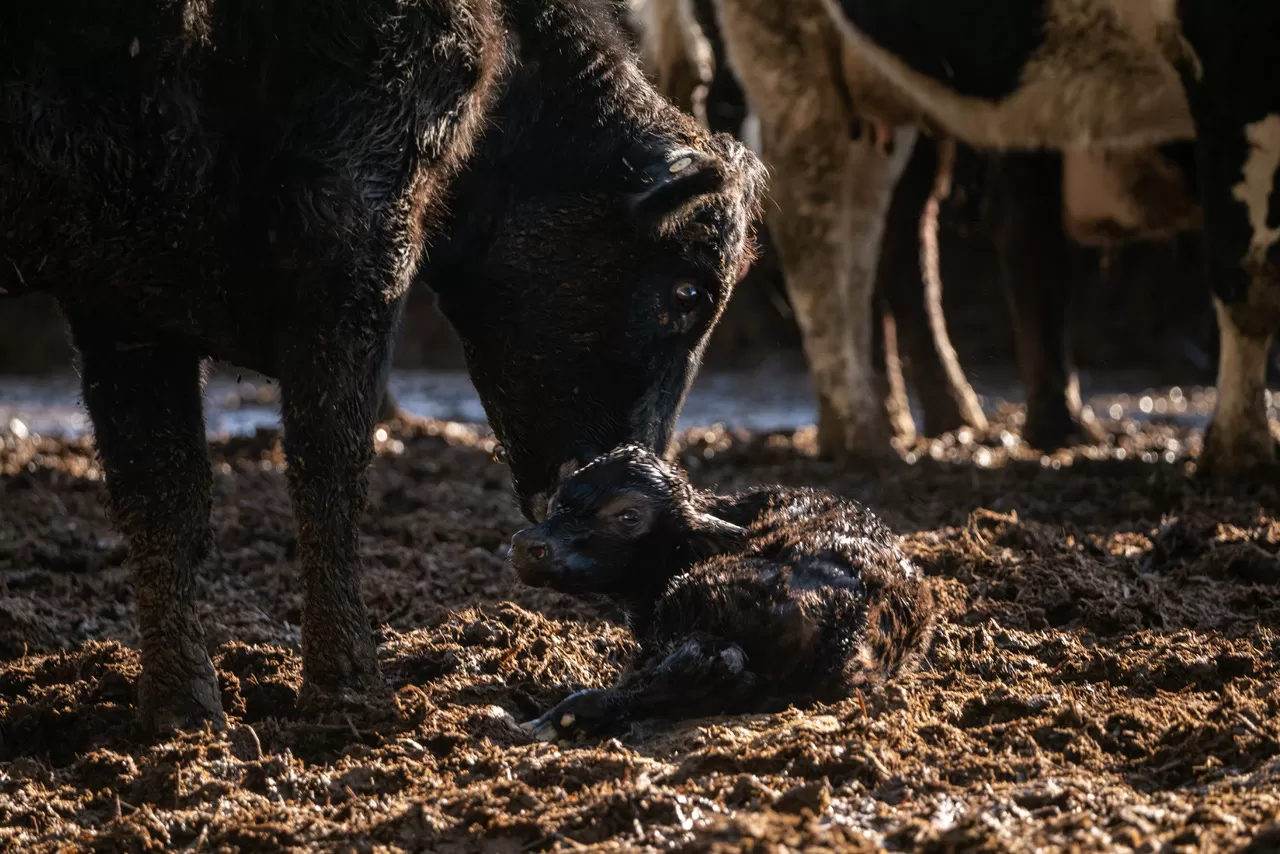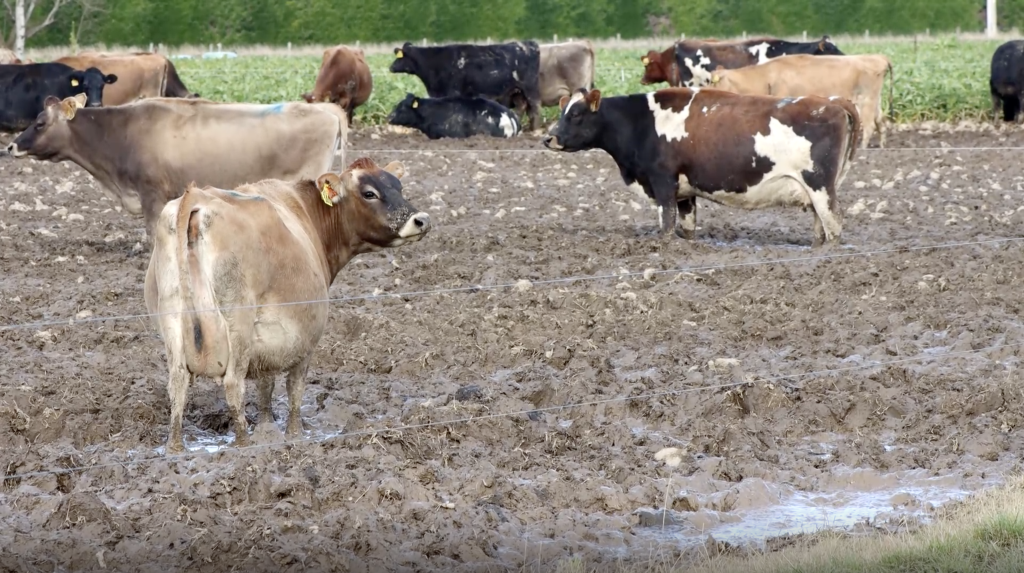
Legal setback for animal welfare: SAFE and NZALA stand against Government’s mud farming policy changes
July 11th, 2024On 23 April 2024, the Government announced that it planned to repeal national intensive winter grazing regulations through amendments to the Resource Management Act 1991. SAFE has previously highlighted the devastating effects intensive winter grazing (also known as mud farming) can have on animal welfare.
If this legislation is enacted, farmers will be able to intensively farm animals with fewer restrictions (including, potentially, without the need to get a resource consent, which would make it more difficult for animal welfare experts and advocates to challenge new mud farms).
SAFE is gravely concerned that this will lead to more animals being farmed in conditions which breach their legal rights under the Animal Welfare Act 1999. Animals on mud farms have restricted access to clean drinking water, food, and shelter. With nowhere clean or dry to lie down, they are made to live, and sometimes give birth, in mud. As a result, animals have been seen to suffer from higher rates of lameness, dehydration, malnutrition, injury, and even death.
Learn more about mud farming in Aotearoa

Photo credit: Matt Coffey
Last year, our friends at the New Zealand Animal Law Association (NZALA) opposed a mud farming consent application in Environment Southland. NZALA argued the Southland winter conditions were too harsh for this type of farming and that the adverse effects on the cows themselves had to be considered and addressed. NZALA sought some reasonable and practical conditions such as dry lying spaces for the cows of a minimum area, effective shelter, and restrictions around back fencing. These conditions fulfilled the sustainable management purpose of the Resource Management Act and had corresponding environmental benefits.
With our support, NZALA appealed the council-level decision to the Environment Court, asking for a determination on whether adverse effects on the animals themselves may be a relevant consideration when granting resource consent applications for mud farms.
Unfortunately, when the Government announced it would repeal mud farming regulations, the mud farming part of Environment Southland’s resource consent was surrendered, which meant there was nothing left for NZALA to appeal.
NZALA and SAFE are deeply disappointed that this opportunity for a judicial consideration of adverse effects on animal welfare in the resource consenting context has been lost.
We hope to work with NZALA to take these arguments into other consenting and planning processes to advocate for better conditions for animals in farming.
Please donate to SAFE so we can continue to support this mahi and prepare for future litigation. In this political climate, we need your support more than ever.
